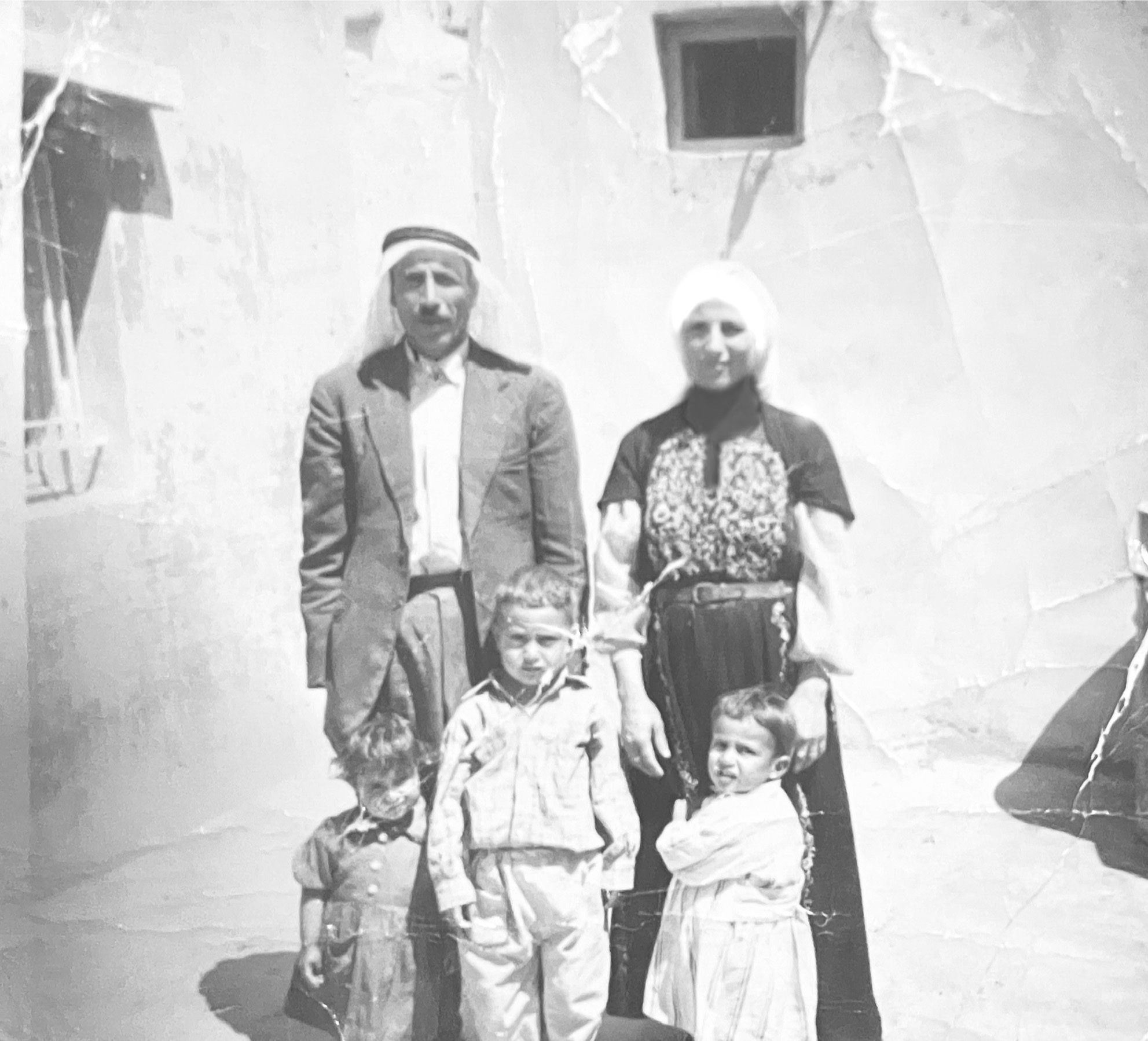In six years I will be able to mark who I am. I will be able to select “Middle East or North Africa,” a category that will reflect my identity. I will no longer be classified as white, but as who I truly am. This is a moment of history, one that is monumental for me and for the Arab Americans. For us it’s more than a checkbox, it is our identity, roots, history and culture.
For many years, Middle Easterners have struggled with having to allocate themselves to a race they don’t perceive themselves as. I’ve struggled with this too. For example, on my College Board accounts or PSAT pre-questions I never knew whether to select “white” or “other.” When I searched online, I read Middle Easterners are classified as white, but it always felt inaccurate to me.
There were attempts to change the race and ethnicity categories during the Barack Obama administration in the mid-2010s. In 2015, The Census Bureau proposed to include the MENA (Middle Eastern or North Africa) category to reflect societal diversity, but it was dropped by the Donald Trump administration.
President Joe Biden was the first U.S. president to issue a proclamation acknowledging Arab American Heritage Month. We have faced misrepresentation for so many years, so having Arab American Heritage Month is so important. 3.7 million Arabs in the United States have faced government discrimination, including racial profiling, surveillance and restrictive immigration policies for decades according to the Arab American Institute.
Taking a step forward towards providing more representation for the Arab community, in the 2030 U.S. Census, there will be a checkbox for “Middle Eastern or North African,” along with “Latino.” Although this is long overdue, I am still relieved that it will happen. It will also reflect recognizing racial and ethnic diversity in the U.S more accurately and providing better data. This is one of the first steps to a change in our society to include more inclusive policies to make everyone feel heard and represented.
*Editor’s note: Faye Zayed is a student writer. All views expressed in the commentary are her own and are independent of the district, Rouse High School and the publication.
*As seen in print


